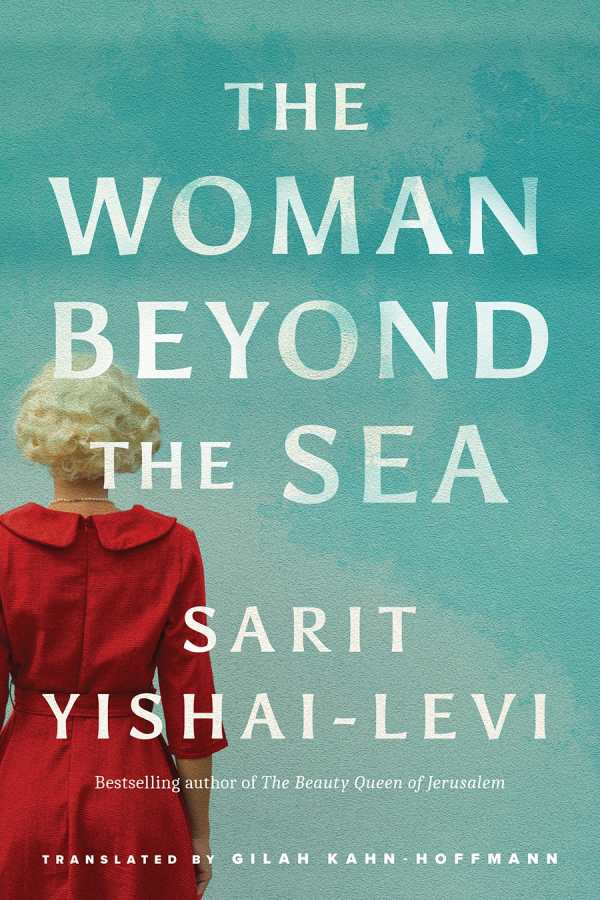The Woman Beyond the Sea
In Sarit Yishai-Levi’s sprawling historical novel The Woman Beyond the Sea, three generations of women consider what it means to love and the power of knowing your history.
Although its chapters are narrated by a rotating cast, the novel centers most on Eliya and her mother, Lily. Eliya is married to an emotionally abusive man, and when he ends their marriage, she returns to her parents’ house in Tel Aviv and attempts suicide. During her recovery and therapy, she explores her strained relationship with Lily, who was often distant during Eliya’s childhood. Orphaned herself, Lily is largely unknowable to Eliya, and both women have constructed elaborate defenses around themselves.
Through these different points of view, Lily’s story slowly unfolds; it’s a story rife with secrets and loss that informs her personality and actions.
This immersive and expansive book is also quite intimate. It wears down the defenses of each person at a gradual rate until more of their vulnerability is visible. These characterizations are often painful to read: Eliya’s immaturity and selfishness and Lily’s bitterness and anger are woven throughout the book, and it’s really only in the late second half of the story that this starts to lessen as their underlying traumas surface, providing some explanation.
The multiple viewpoints and timelines tangle together at times. While there are some answers provided to both women about their pasts and about themselves by the end of the book, there are no tidy resolutions. There are unforgivable, hard choices; there are traumas, and there are scars. Eliya and Lily learn just how powerful forgiveness can be, and that love can set the context for healing. The Woman Beyond the Sea is a compelling historical novel from a much-needed Sephardic voice.
Reviewed by
Jaime Herndon
Disclosure: This article is not an endorsement, but a review. The publisher of this book provided free copies of the book to have their book reviewed by a professional reviewer. No fee was paid by the publisher for this review. Foreword Reviews only recommends books that we love. Foreword Magazine, Inc. is disclosing this in accordance with the Federal Trade Commission’s 16 CFR, Part 255.

